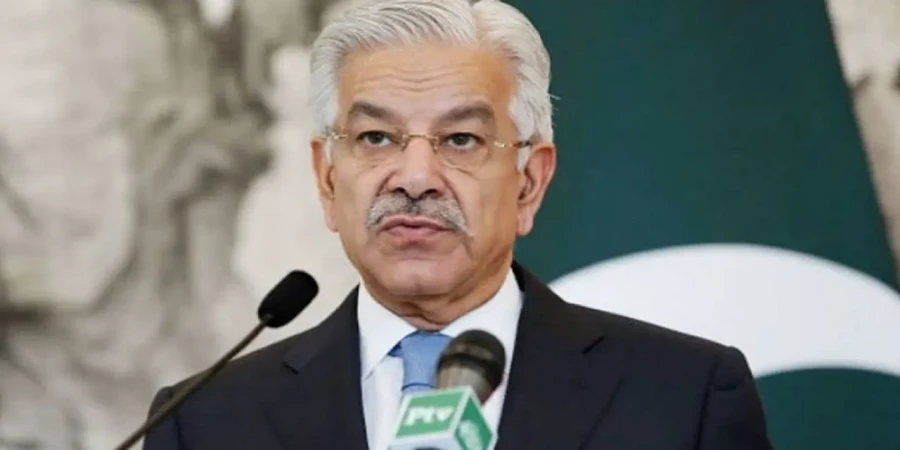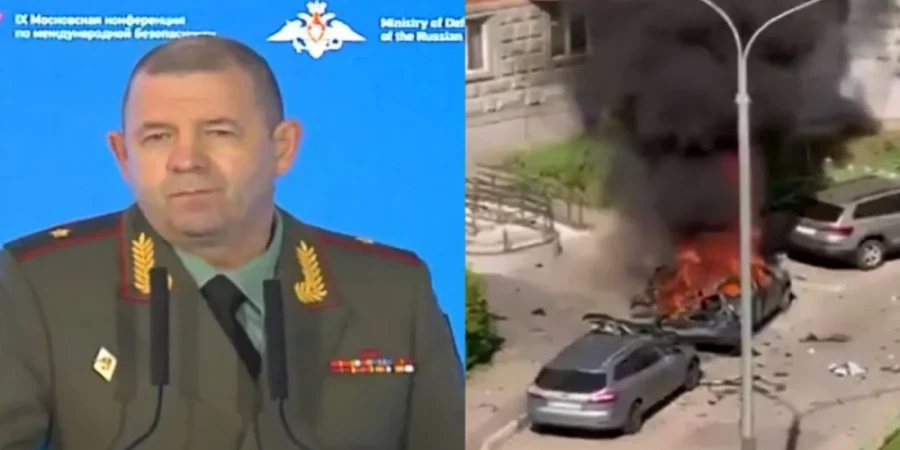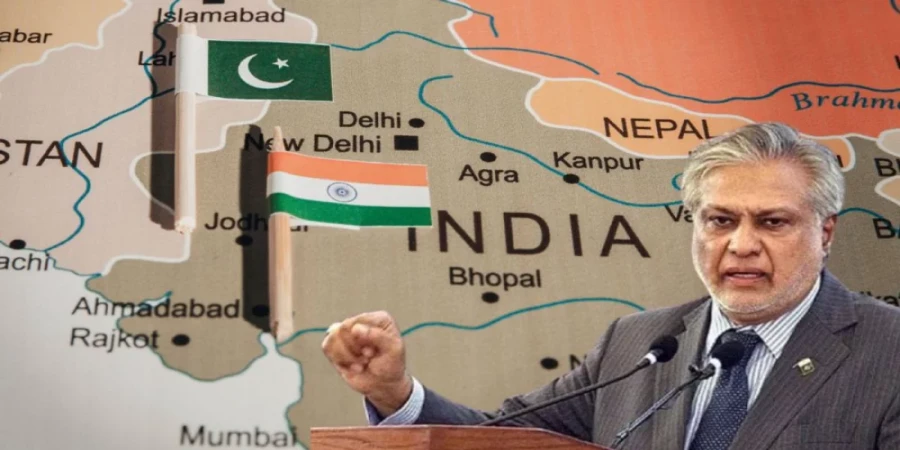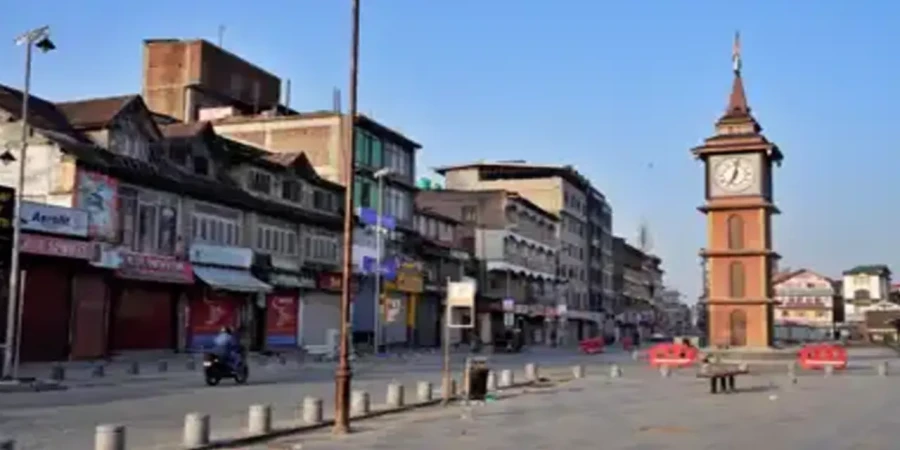
ছবি: Photo: Collected
Amid escalating tensions between India and Pakistan following a deadly attack in Jammu and Kashmir, Pakistan’s Defense Minister Khawaja Asif has issued a stern warning that any Indian aggression could lead to a full-scale war. Speaking to British media outlet Sky News, Asif made clear that Pakistan’s armed forces are fully prepared to respond to any potential threat from India.
The warning comes in the wake of a militant assault in Indian-administered Kashmir that left 26 tourists dead. The Indian government has blamed Pakistan for the attack, a claim that Islamabad has strongly denied. As tensions soar, both countries find themselves on a collision course, with fears growing that further diplomatic breakdowns could spark open conflict.
In his interview, Khawaja Asif emphasized the gravity of the situation, stating that if India initiates any military action, Pakistan will respond accordingly. He underscored that a large-scale military conflict cannot be ruled out. “Whatever India starts, we will respond to it,” he said. “If there is a full-blown attack or anything of that nature, there will absolutely be a full-scale war.”
The defense minister also appealed to the international community to take the current crisis seriously, highlighting the risk posed by tensions between two nuclear-armed nations. He urged global powers to consider the implications of continued hostilities and to work toward de-escalation through diplomacy.
“This is a situation the world must pay attention to,” he said. “When there is potential for conflict between two nuclear states, the global consequences can be devastating.”
Despite the firm rhetoric, Asif also left room for diplomacy, saying he still hopes the crisis can be resolved through dialogue rather than violence. “There is still a window for peaceful resolution,” he added, calling for cooler heads to prevail on both sides.
The recent spike in hostilities was triggered by a mass shooting in Indian-administered Kashmir. Gunmen opened fire on a group of tourists, resulting in the deaths of 26 individuals. India swiftly pointed the finger at Pakistan, escalating accusations that have deepened an already fraught relationship.
Islamabad has categorically denied any involvement in the incident, rejecting what it calls “politically motivated” and “baseless” claims by New Delhi. Officials in Pakistan have stated that blaming them for the attack is part of a broader pattern of deflection by India, which they argue seeks to shift attention away from its own internal issues in Kashmir.
In previous statements, Pakistani leaders, including those in the military, have reiterated that the country's forces are always on alert and ready to defend national sovereignty. The sentiment was echoed again by Asif, who highlighted the military's preparedness for “any eventuality” and stressed the country's right to self-defense.
This is not the first time tensions between the two rivals have threatened to spiral out of control. The two nations have fought multiple wars since gaining independence from Britain in 1947, and the Kashmir region remains a long-standing flashpoint. Both countries claim the region in full but control only parts of it.
The fear of war has become more pronounced in recent years, especially after previous border skirmishes and aerial confrontations. With both sides possessing nuclear arsenals, the stakes of miscalculation are dangerously high. Analysts warn that any future military engagement, even if limited, could quickly escalate into a much larger conflict.
While the international community has issued standard calls for restraint, there has been no substantial movement toward mediation. The United Nations has urged both India and Pakistan to exercise “maximum restraint,” but has refrained from making any direct interventions or assigning responsibility for the recent violence.
As the rhetoric intensifies and diplomatic channels appear increasingly strained, observers worry that without a concerted international effort to defuse the situation, South Asia could be heading toward another dangerous confrontation.
In this climate of uncertainty, Khawaja Asif’s remarks serve as both a warning and a plea — a recognition of the volatile reality facing the subcontinent, and an appeal for rational dialogue before the consequences become irreversible.
repoter





